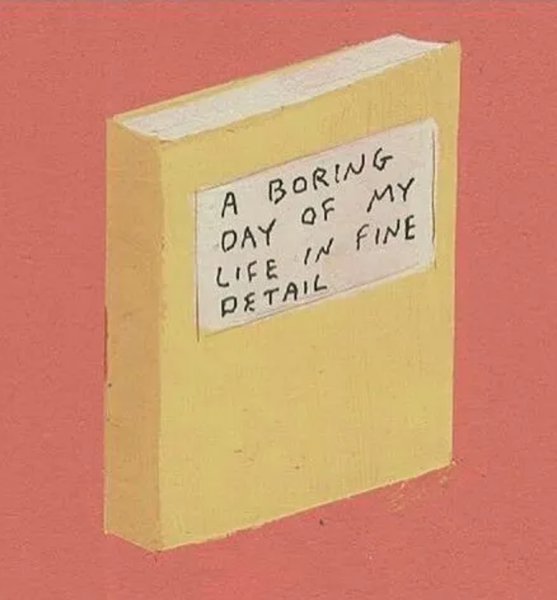Sublime
An inspiration engine for ideas
“don’t complain about being in traffic. you are the traffic.”
Avoid taking advice from someone who gives advice for a living, unless there is a penalty for their advice.
Nassim Taleb • Skin in the Game: The Hidden Asymmetries in Daily Life

Research as a form of pattern disruption
idlegaze.substack.com
Ambition is about the echoes you want to leave reverberating in the world around you. It's about finding the place in The Current where your heart, mind, and gut resonate with creation. Ambition is about living life as an art of devotion to the Process and Pattern, making reality more beautiful with your participation than it would be without it.
River Kenna • Soul-Making Productivity: A Process Manifesto
The large numbers don’t quite mean what they used to as signals of relevance or clout, as social media has become more aged, more manipulable, and more automated by artificial intelligence.
Kyle Chayka • It’s Cool to Have No Followers Now
the future won’t be rebuilt by algorithms or governments. it gets rebuilt the way everything good gets rebuilt — at human scale, with the people actually around you, one front porch at a time.
